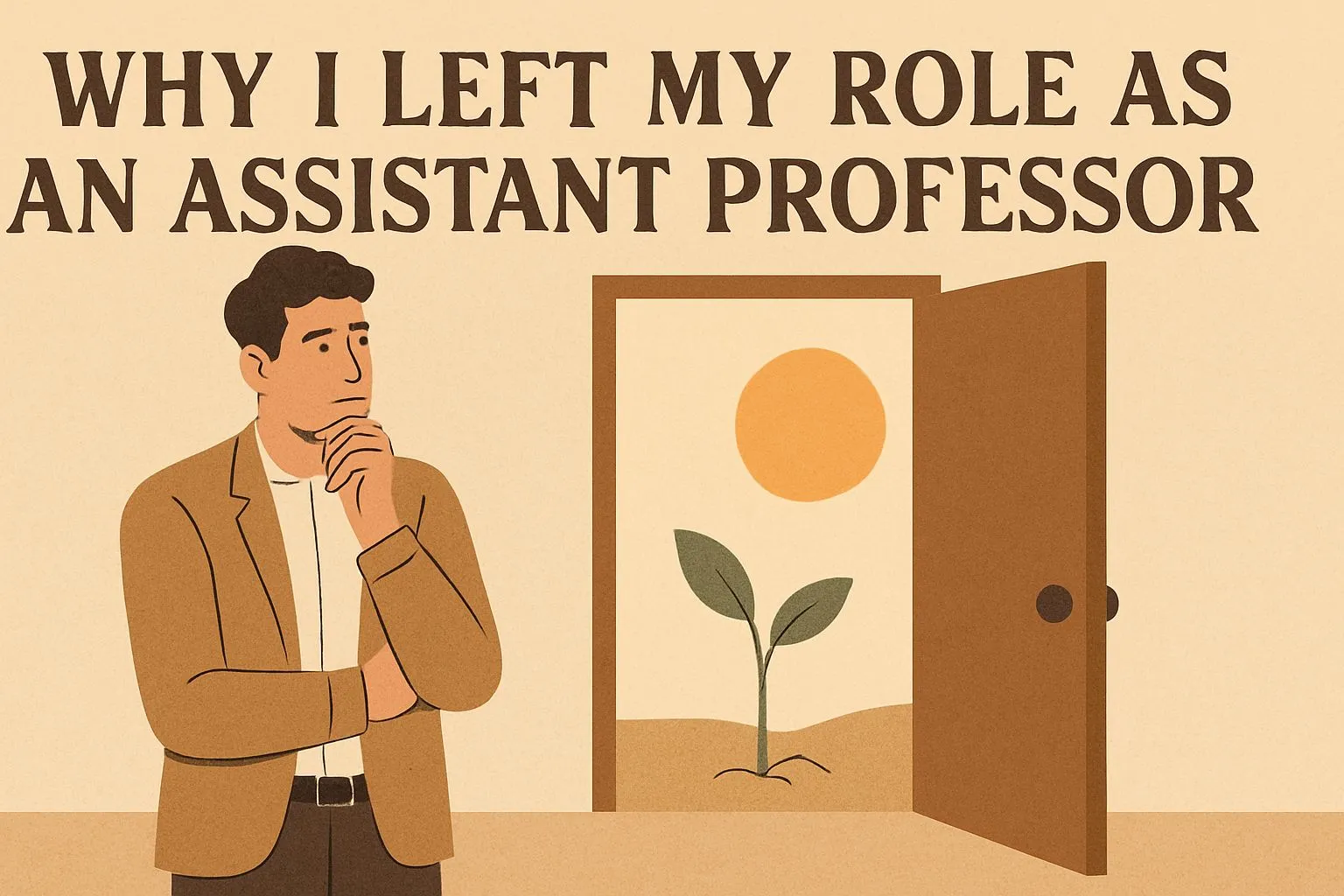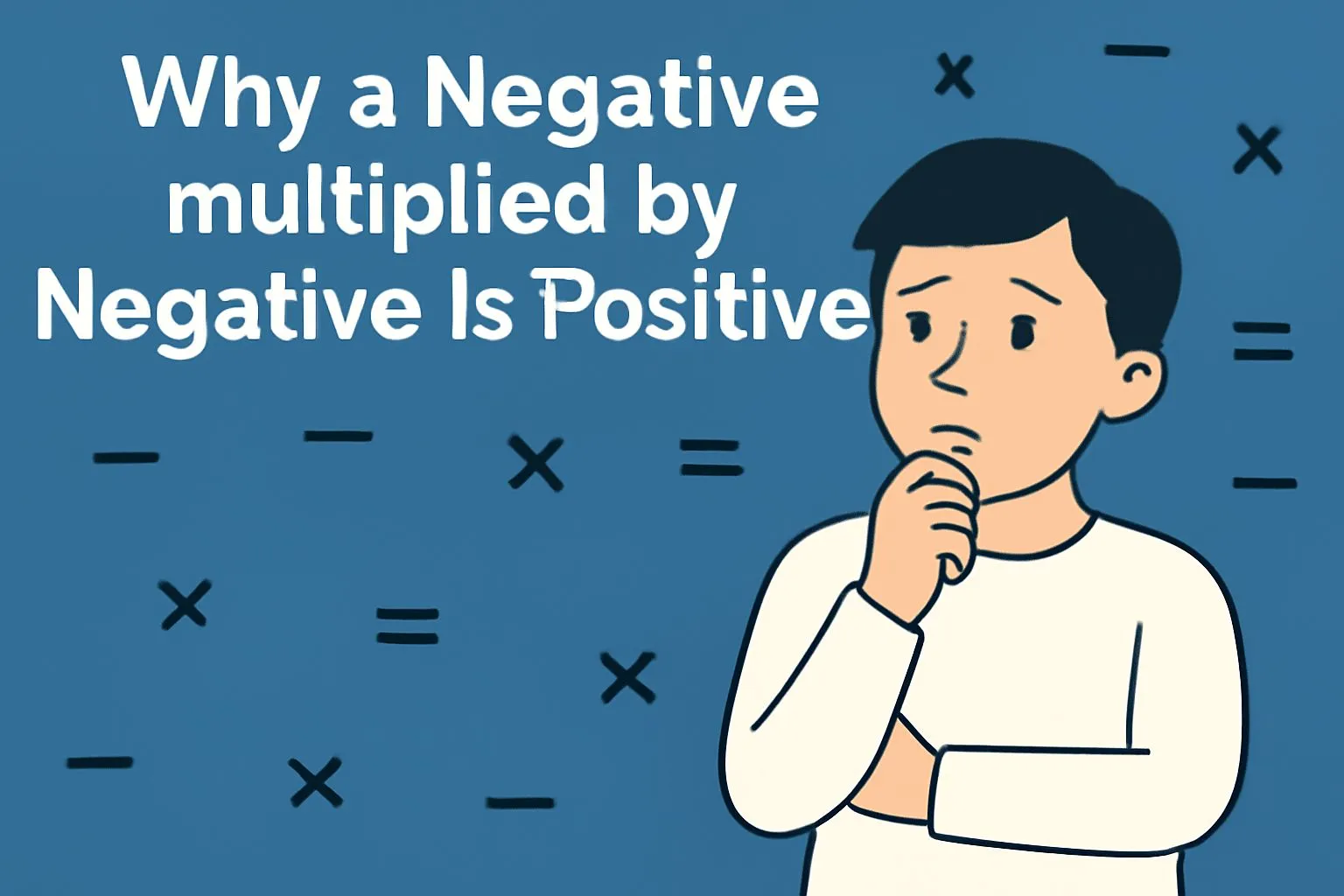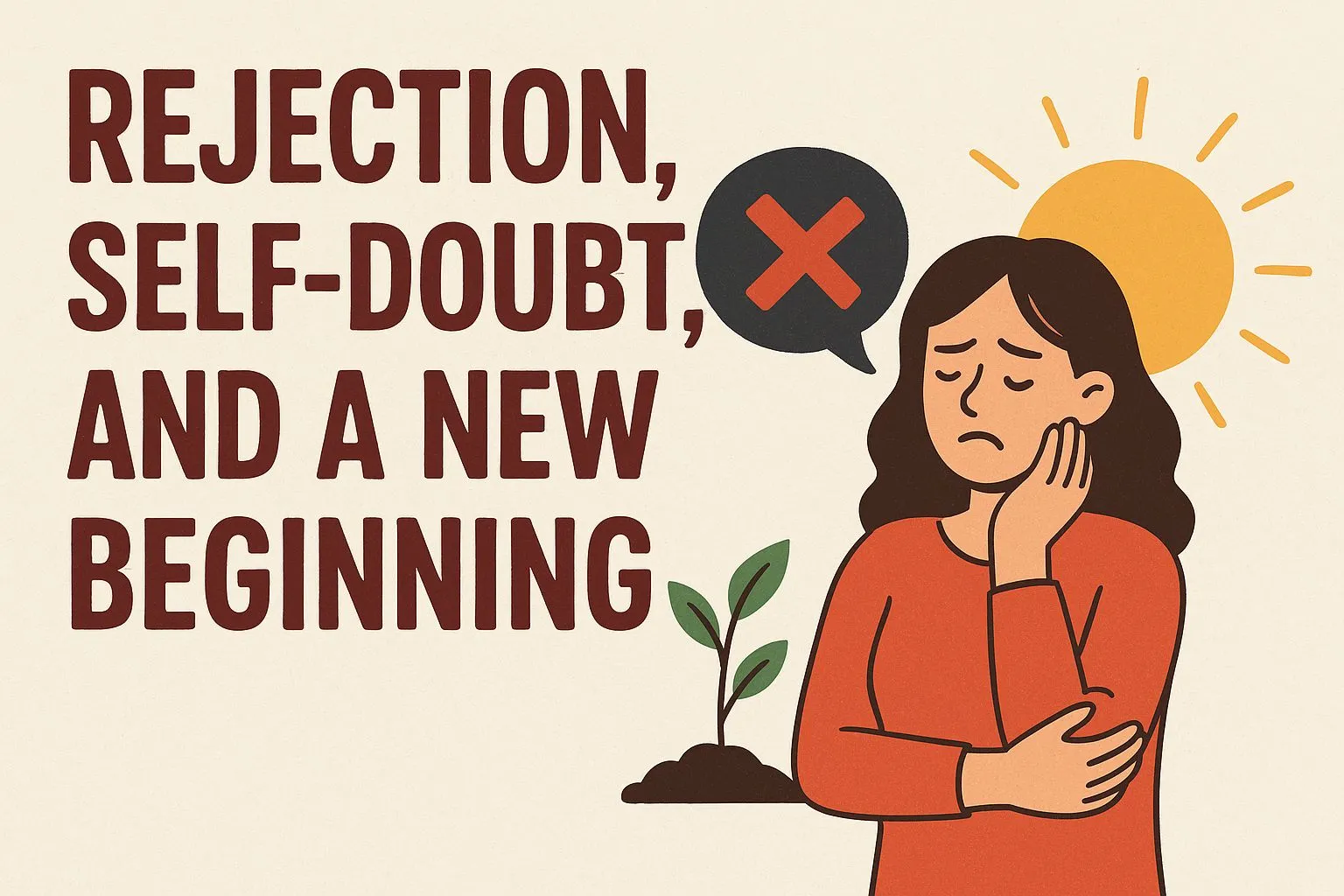In 2023 I made a difficult decision: I stepped away from my role as an Assistant Professor. It wasn’t because I stopped loving teaching—quite the opposite. I became an educator because I wanted to spark curiosity, coach thinking, and help students grow. But over time the job I’d signed up for and the job I was actually doing drifted apart.
Teaching became the thing I did in whatever spare time remained after a week of meetings, paperwork, and administrative obligations. The parts of the role that gave me energy—designing thoughtful lessons, mentoring students one-on-one, doing creative research—were slowly squeezed out by a tide of tasks that felt increasingly procedural and detached from the classroom.
When purpose meets paperwork
If you’ve worked in higher education, you’ll recognise this pattern: an inbox full of forms, committees that multiply, accreditation paperwork, timetabling logistics, compliance reports, endless scheduling. None of these are trivial—they matter to an institution’s functioning—but as they balloon, they consume the time and mental bandwidth that used to go into craft: the lesson plan you’d perfected, the extra hour you’d spend reading a student’s draft, the experiment you wanted to run.
Two problems emerged for me.
1. Quantity began to trump quality. With heavy teaching loads and no breathing space to prepare, every session risks becoming transactional. We lecture more, but teach less.
2. The emotional cost. Being present for students requires energy. When most of your cognitive load is tied up in admin, you show up physically but can’t engage deeply. That slow erosion of purpose felt like a betrayal of why I entered academia in the first place.
What this says about institutional priorities
This isn’t just a personal story. It reflects structural choices many institutions make—sometimes unintentionally—as they try to juggle compliance, metrics, and resource constraints. The inevitable result is that faculty become generalists of administration rather than specialists of teaching and research.
If we want better education and stronger research, we need to rethink those choices. Here are practical changes that could help:
1. Protect teaching time. Limit weekly contact hours so instructors can prepare and reflect. Fewer, better-planned sessions are more effective than a higher volume of rushed lectures.
2. Reduce avoidable admin. Automate routine reporting where possible, consolidate commit tees, and standardise processes so faculty aren’t re-submitting the same data in five different formats.
3. Rebalance evaluation metrics. Don’t reward activity (meetings attended, forms filled) the same way as impact (student outcomes, research quality, mentoring). Metrics should encourage depth, not busywork.
4. Hire and empower non-academic staff. Skilled administrative officers and learning designers can take on operational tasks, leaving faculty to focus on pedagogy and scholarship.
Blog Collection 8
5. Build time for reflection and creativity. Block ‘quiet weeks’ in the calendar for course development, scholarship, and student feedback cycles. Creativity needs protected time.
For colleagues and leaders — a simple test
Ask yourself: when was the last time you had a week with no mandatory meetings and time to actually think about your teaching? If the answer is “rarely” or “never,” something is off. Institutions that thrive are the ones that treat teaching as a craft that requires uninterrupted focus and iteration.
For early-career academics
If you’re just starting out, guard your bandwidth. Learn to say no to committees that add little value, and track how you spend your hours—it makes the hidden cost of administrative load visible. Seek mentors who prioritize balanced workloads and ask departments about teaching-load policies before you commit.
Teaching should inspire, not exhaust
I left because the job I loved was being replaced by tasks that no longer needed my expertise. That move was painful, but necessary. It reminded me that careers are not just about titles—they’re about the day-to-day work that makes those titles meaningful.
There’s a real opportunity here. Universities can and should design roles that let educators teach well, think deeply, and create knowledge. That will require institutional courage—to cut processes, reassign tasks, and measure what matters. But the payoff is enormous: students who are better taught, research that’s more original, and faculty who are fulfilled rather than burned out.
If you work in academia—or if you care about the future of higher education—I’d love to hear your experience. Have you seen changes that help? Are there policies that worked in your department? Share your story and let’s push for an academic culture that prioritizes teaching as a craft again.
— Taral Shah – Founder of Career Space





